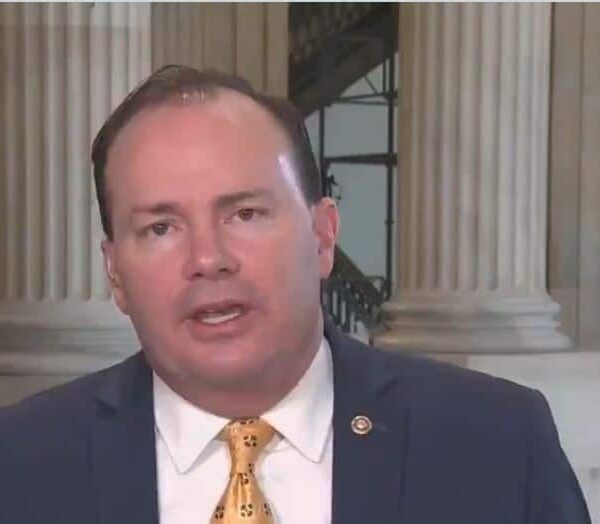The Indian crypto market, once a land of opportunity, is experiencing a regulatory frost. With authorities tightening their grip, major crypto exchanges are scrambling to stay afloat, facing restricted services, hefty fines, and even exits.
Failing The KYC Test
Global giant Binance, a household name in the crypto world, learned the harsh reality of the Indian regulatory landscape earlier this year. The Financial Intelligence Unit of India (FIU-IND) accused Binance of operating illegally and failing to adhere to KYC (Know Your Customer) norms.
This resulted in a months-long suspension of services for Indian users, followed by a stinging $2.25 million penalty for violating the Prevention of Money Laundering Act (PMLA). Binance’s attempt to regain trust came in the form of a recent collaboration with Indian authorities to recover stolen funds worth $10 million. Whether this goodwill gesture is enough to appease regulators remains to be seen.
Exodus And Adaptation
While some exchanges like OKX threw in the towel, unable to navigate the complex regulatory maze, others like Kucoin emerged as winners. Kucoin’s success story lies in becoming India’s first fully compliant crypto exchange.
This achievement highlights the importance of adapting to the new normal – a market where clear regulatory approval is the key to survival. Kraken and Bitfinex, once major players, are now facing restricted services, a stark reminder of the consequences of non-compliance.
Bitget: Can They Dodge The Knockout Punch?
The latest entrant into the Indian regulatory ring is Bitget, a popular exchange facing user restrictions. With their Indian user base unable to access the platform fully, Bitget has pledged to navigate the regulatory labyrinth and ensure compliance.
1/ We are aware of the current difficulty in accessing the Bitget platform in India. We’re actively exploring ways to serve the region while ensuring our platform meets the region’s compliance requirements.
— Bitget India🇮🇳 (@BitgetIndia) July 3, 2024
In order to facilitate the delivery of seamless service to users in the area, the exchange made clear that it is investigating ways to guarantee compliance with local norms.
The exchange acknowledged that users in India are now having trouble accessing the Bitget platform. “We’re actively exploring ways to serve the region while ensuring our platform meets the region’s compliance requirements,” Bitget disclosed.
Their success hinges on securing a license before the Indian authorities deliver a knockout punch, potentially forcing them out of the lucrative Indian market.
The Future Of Crypto In India
India’s stance on cryptocurrency reflects a global trend: a desire to harness the potential of this new asset class while mitigating the risks associated with money laundering and financial instability. The 30% tax imposed on crypto income showcases the government’s attempt to integrate crypto into the mainstream financial system.
While the current regulatory environment might seem harsh for some exchanges, it could pave the way for a more mature and responsible crypto market in India in the long run.
Featured image from Euronews, chart from TradingView















